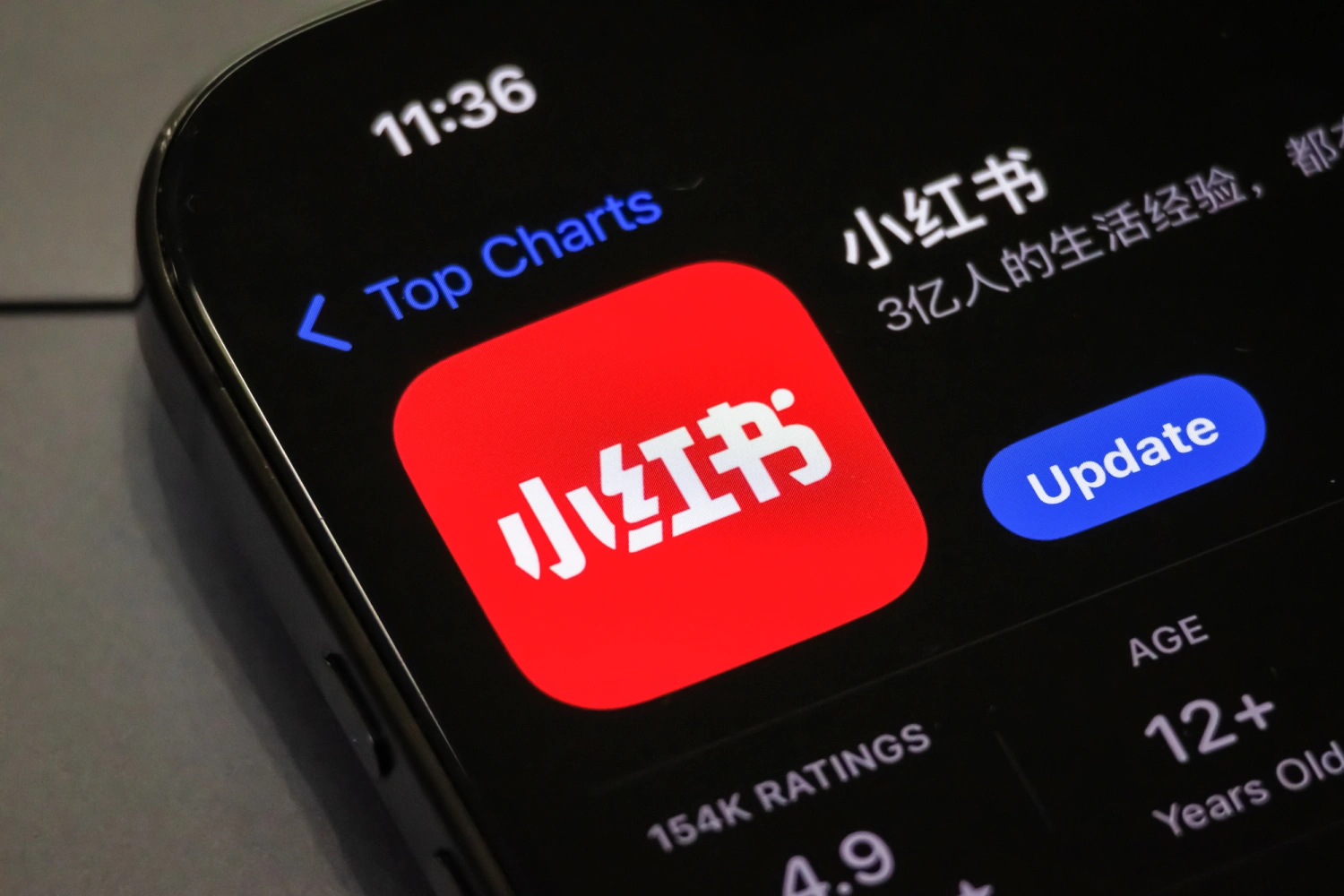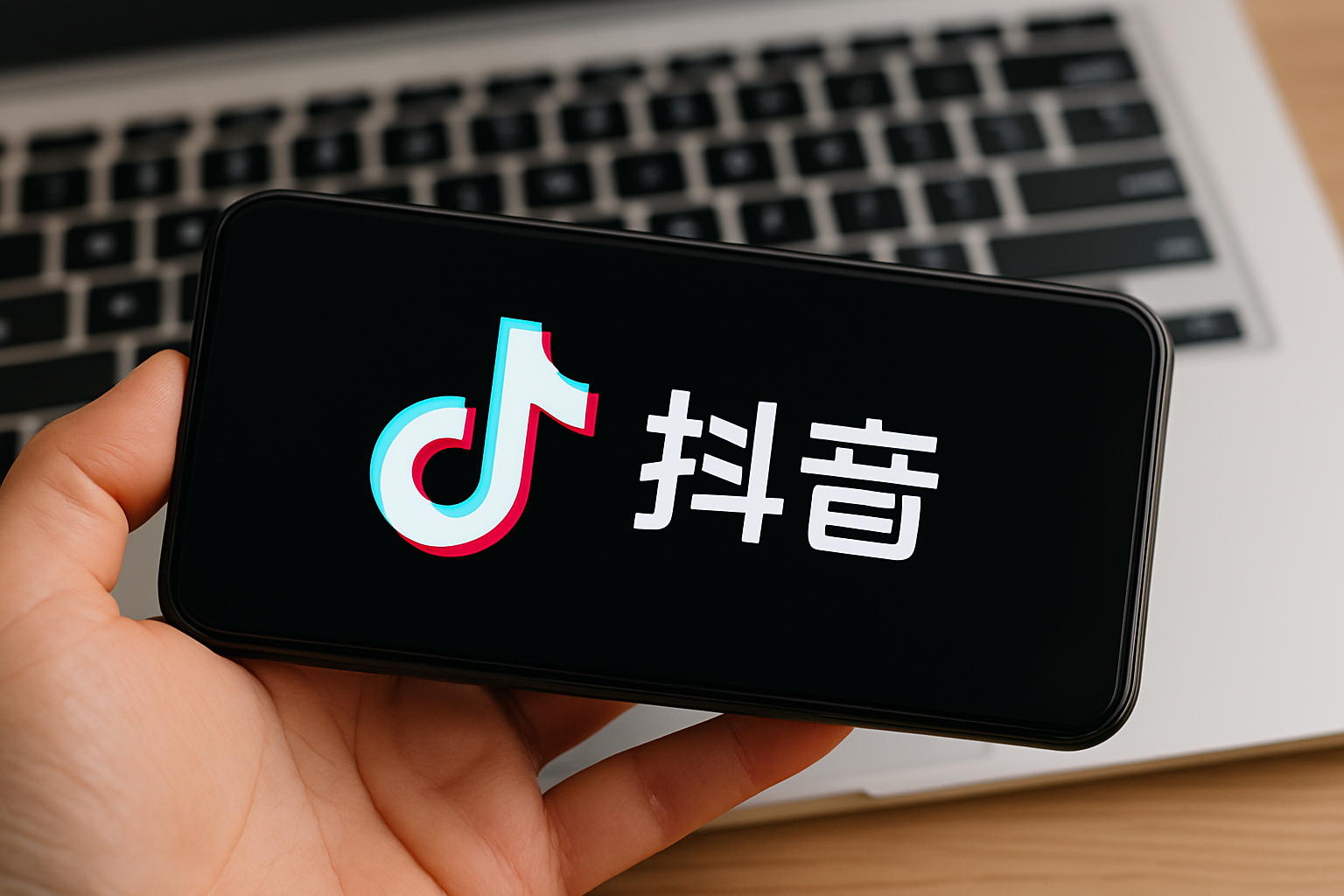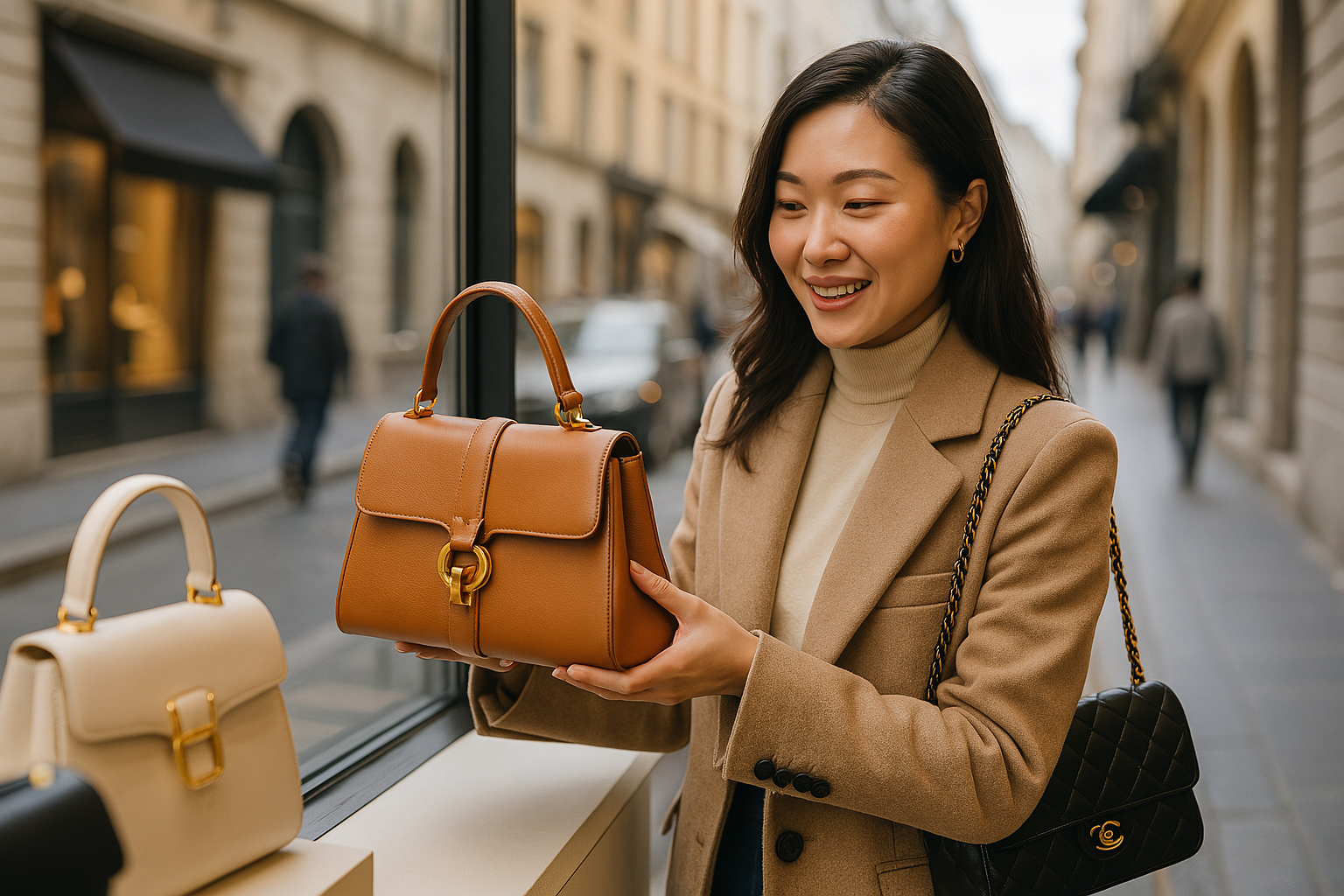-
JD introduces avatar of founder Richard Liu to promote goods in move to lure shoppers
- The creator of the Chinese e-commerce business JD, Richard Liu, used an avatar that resembled him to debut his live streaming show on Tuesday.
- In less than an hour, the billionaire’s virtual twin propelled overall sales volumes to surpass RMB 50 million ($6.9 million), according to the company.
- With significant investments in new markets, JD is finally attempting to take advantage of China’s online retail trend of fusing content forms with shopping.
- Liu’s rare public appearance, albeit through an extremely life-like avatar, demonstrates the urgency of change for the company as it plays catch-up to rivals that have cultivated high-popularity influencers over many years.
-
Luxury brands take a bite of China’s bakery boom
American fashion house Michael Kors collaborated with edgy pastry connoisseurs Basdban to create a denim-clad patisserie filled with treats like croissants, eclairs, and coffee branded with the Michael Kors brand to celebrate the launch of its MK denim bag collection in Shanghai.
- Michael Kors isn’t the first brand to tap into China’s sweet tooth with its foodie-focused pop-up. Across the mainland, the communal, relaxed appeal of the country’s bakeries has whet luxury’s appetite.
- In January, Valentino Beauty teamed up with South Korean chain Butterful & Creamorous to take over the bakery’s Shanghai flagship store.
- Max Mara also capitalized on Butterful & Creamorous’ cultural success with its own installation last September. The campaign’s hashtag amassed over 44,000 views on Xiaohongshu.
- For consumers, the appeal of the pop-ups expands beyond just tasty treats. The collabs are also satiating Gen Z’s appetite of embellishing their social media accounts with visually appetizing trends.
- These collaborations arrive at a time when luxury is inching ever-closer towards the hospitality industry, as experiential marketing and lifestyle choices such as “xiaozi” (petite bourgeoisie) gain traction with consumers.
Link: https://jingdaily.com/posts/luxury-brands-take-a-bite-of-china-s-bakery-boom
-
Third time’s the charm? Douyin relaunches seeding app Kesong
- The new version of Kesong is created and operated by the team behind the likes of CapCut (剪映), ByteDance’s short-form video editing app.
- The new design of the app resembles a combination of Xiaohongshu’s layout and Instagram’s colour scheme.
- Kesong can provide a more lifestyle-centric community for the platform outside Douyin, but with access to Douyin’s pool of users and content.
Link: https://daoinsights.com/news/third-times-the-charm-douyin-relaunches-seeding-app-kesong/
-
How luxury brands can get into pole position with F1
- All eyes are on motorsport Formula 1: average viewership doubled from 554,000 in 2018 to 1.11 million in 2023. It is a cross-cultural phenomenon, being increasingly leveraged by luxury brands.
- After F1 confirmed a series of streaming partnerships with Chinese firms Tencent, Guangdong TV, and Shanghai TV in 2018, China was named as a “key market for Formula 1” by Ian Holmes, the company’s director of media rights.
- From streetwear like Palace, to luxury watchmakers such as IWC and H.Moser & Cie, F1 is becoming a frequently-tapped franchise for its high cultural capital.
- After a five-year hiatus, the Chinese Grand Prix returns on April 18 2024, so it is a good moment for luxury brands to utilize the mainland’s adoration for the sporting event — Lululemon, for example, has named the only Chinese F1 driver, Zhou Guanyu, as brand ambassador.
- Brands want in on the extensive exposure that F1 offers, yet producing authentically cool collaborative collections requires a sophisticated understanding of cultural nuances and the fans who are watching.
Link: https://jingdaily.com/posts/how-luxury-brands-can-shift-into-high-gear-with-f1
-
How Ami’s Suzhou runway and celebrity front row won Chinese fans
- In an electrifying encore presentation, cult French fashion label Ami Paris took to Suzhou, China, on April 10 to showcase its Fall/Winter 24 collections (women’s, men’s, and accessories) amid the historical backdrop of the ancient Xiangmen Wall.
- The hashtag “Ami’s Suzhou show” quickly climbed up Weibo’s Hot Search List, with 46.1 million views so far.
- The brand’s Weibo livestream also reached over 3.55 million views, thanks to an impressive lineup of influential Chinese celebrities. Attendees from film and music included Bonnie Chen, Kara Wai, Daddi Tang, Jerry Yan, Peng Wan, Cheng’en Yu, Tony Yu, Cecilia Boey, Mika, Henry Lau, and Qin Li.
- At the same time, the choice of location garnered approval of netizens and guests alike. Suzhou, often dubbed “China’s Venice” for its extensive canal system and UNESCO-recognized classical gardens, seamlessly blends heritage and modernity, providing a fitting frame for Ami’s design philosophy.
- Teaser videos from the brand even zoned in on Suzhou’s historical setting and traditional culture, tapping neatly into China’s guochao, or national pride, trend — a move that so many brands have been attempting.
Link: https://jingdaily.com/posts/ami-suzhou-runway-celebrity-front-row-won-chinese-fans
-
Xiaohongshu 2024 Spring Trend Report
Since the beginning of spring, more than 400 billion have been read on spring-related topics. Posts on spring-related content increased by 118% year on year. The users are more interested in fashion, culinary, photographic skill and destination strategy.
- Discover spring in a unique manner: people may not always seek out popular destinations.
- Experience spring in the park: people seek joy in local parks instead of distant travel.
- Unlock outdoor activities: canoeing, hiking, fishing, biking are current trends.
- Embrace spring with close ones: picnic with friends, park visit with mother suffering from Alzheimer’s disease were the hot topics.



